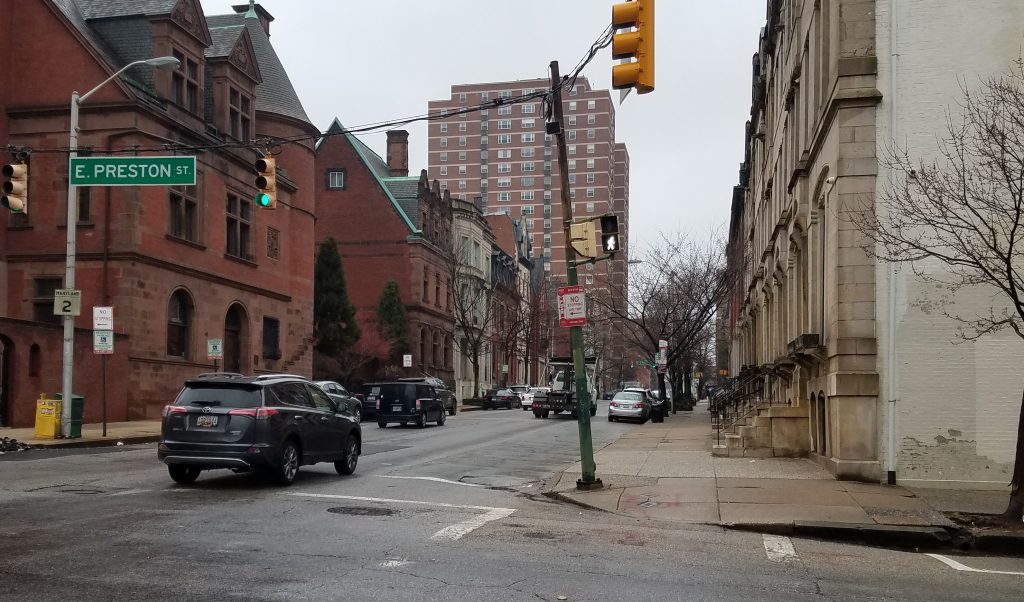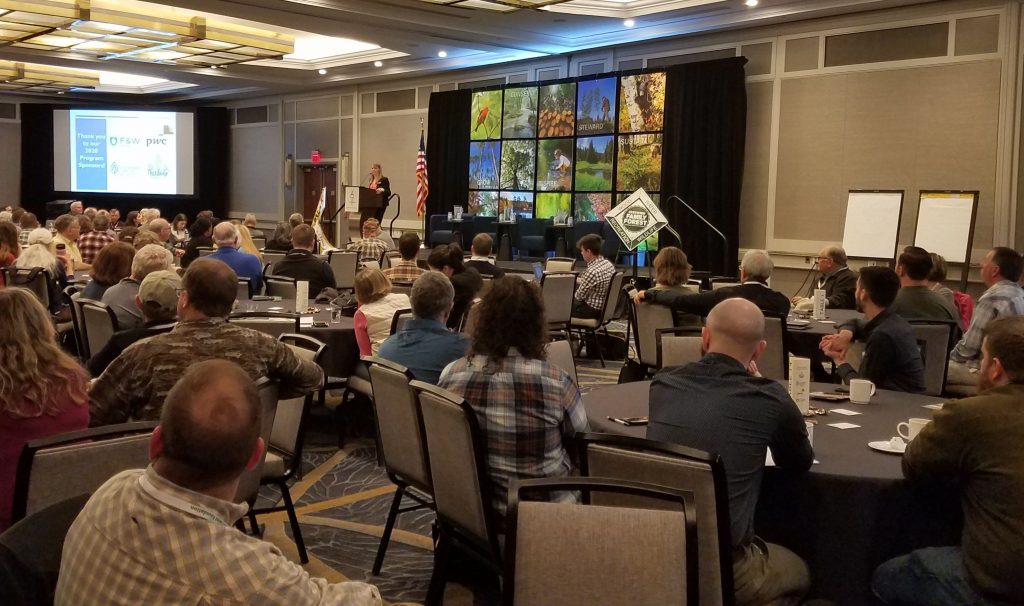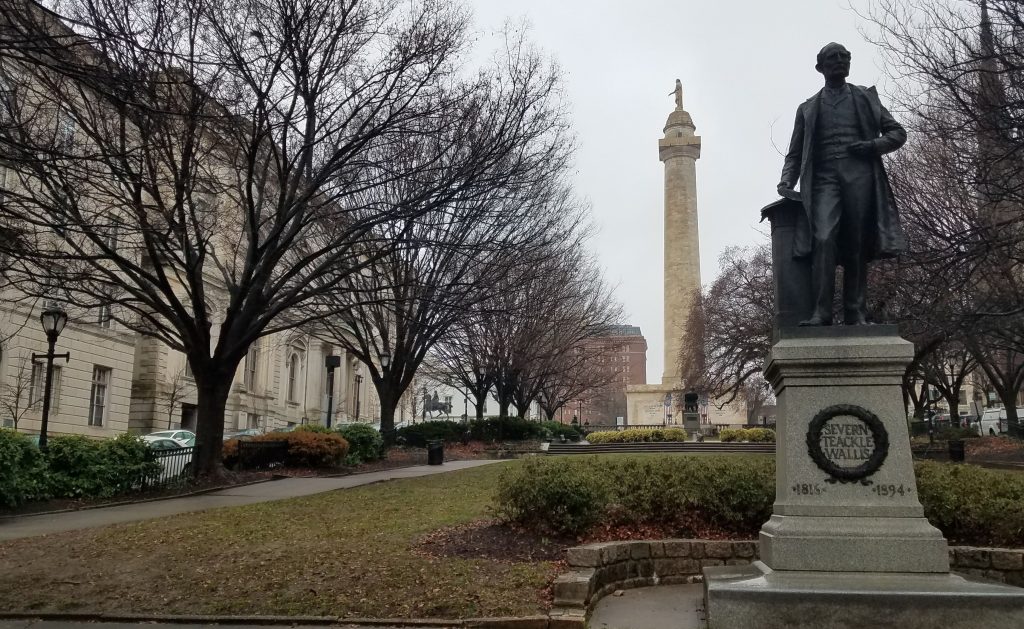I questioned my memory. After all, it happened so long ago and seemed incongruous. Today, however, at the Tree Farm meeting I was talking to a woman from Wisconsin who asked me if I had a degree in forestry. I told her that I did not, that I had started off in forestry, but never finished because the authorities at the university told us that our chances of getting good jobs in the field were slim.
I referenced I meeting I recalled where the authorities at UWSP told us aspiring foresters that we should consider other majors. I told her that I recalled that they said that we were too white and too male and that our chances for employment were low, given hiring goals (quotas were still legal back then) that discriminated against people like us. They wanted to lower our numbers.
She remembered this and said that her husband also got that talk. He was couple years ahead of me and had a bigger sunk cost. He decided to stay in forestry and after being lucky enough to get a couple part time jobs that nobody else wanted, he did manage to find steady work in the field in Wisconsin. His wife, the one I was talking to, told me that she had an easier time because of her gender.
What I remembered was the advice. They told us that if we wanted to work in forestry, the only chance we would have would be either to buy our own forest or move to the South, where there were more jobs. Ironically, I kind of did both things.
I have no right to complain. Life worked out well for me. I got the best of all worlds. I am my own boss in forestry and I enjoyed a great career in diplomacy, a job I had no idea even existed back in 1974. It is a good example of what seemed a roadblock turned out to be a better bridge to the future.
At the time, however, it seemed a big issue. I considered being a HS history teacher and coaching swim on the side. My subsequent goal was to be a college professor, but I was behind the curve on that too. I was a middle baby boomer. The early boomers got there first. They got their PhDs during the Vietnam period and filled most of the jobs. Timing is important and a few years makes a big difference.
On the other hand, I was lucky with the FS. I took the test just before a hiring boom in the middle of the Reagan time. Well, boom is relative, since they hire only a few hundred FSOs every year, but hiring a few more opened it up. You don’t need to be so smart if you are lucky.
My pictures are from our Tree Farm meeting in Baltimore and the walk from the train station. I prefer the train to driving. I got into Penn Station and did the easy walk to the Inner Harbor along Saint Paul. Baltimore is a very nice city, but some areas are risky for crime. Mariza told me that this route was safe and she was right. It was a pleasant walk. I was lucky that the rain stopped in time for my transit.



